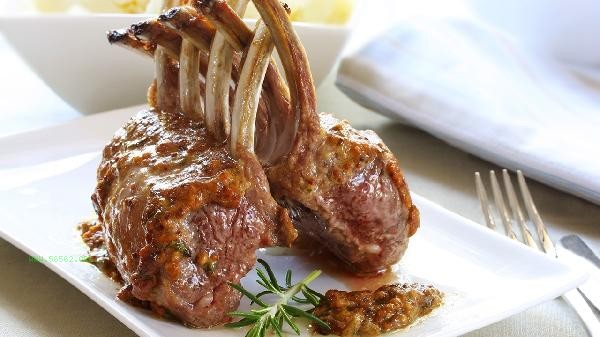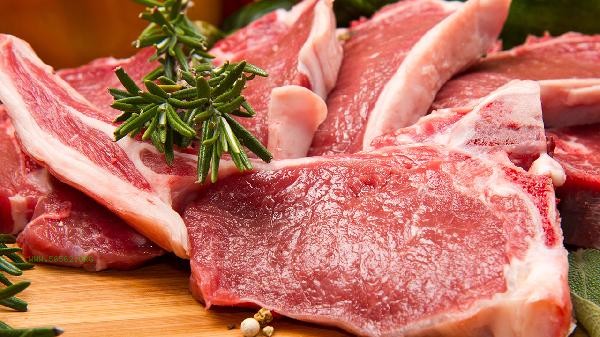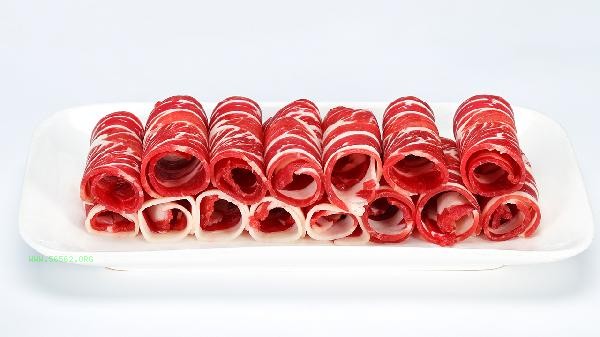Grilled lamb can generally be stored in the refrigerator for 3-5 days. The actual storage time is affected by factors such as storage temperature, sealing degree, initial freshness of lamb, refrigerator cleanliness, and whether anti-corrosion measures are added.

1. Storage Temperature
The temperature in the refrigerator compartment should be kept stable between 0-4 degrees Celsius, which can inhibit the growth of most bacteria. If the refrigeration temperature fluctuates greatly or exceeds 4 degrees Celsius, the storage time of roasted lamb will be significantly shortened. It is recommended to use a refrigerator thermometer for regular monitoring to avoid food spoilage caused by refrigeration failure.
2. Sealing degree
Grilled lamb should be completely wrapped in plastic wrap or stored in a sealed box to prevent air contact and effectively delay oxidation. The surface of unsealed roasted lamb is prone to air drying and hardening, and can absorb the odors of other foods in the refrigerator. It can usually only be stored for 1-2 days. Vacuum packaging can extend the shelf life to about 7 days.
3. Initial Freshness
Products made from roasted fresh lamb have a longer shelf life. If the raw materials are nearing their expiration date or the roasting process is not fully cooked, it is easy to breed spoilage bacteria after refrigeration. When the surface becomes sticky or sour after baking, it should not be refrigerated and should be consumed immediately or discarded.

4. Refrigerator Cleanliness
Regularly defrosting and disinfecting refrigerators can reduce the risk of cross contamination. If there are mold spots or odors in the refrigerator, roasted lamb may spoil prematurely. It is recommended to store roasted lamb in a separate space on the upper level of the refrigerator, away from easily contaminated ingredients such as raw meat.
5. Anti corrosion measures
Adding natural antibacterial spices such as rosemary and garlic during baking can appropriately extend the shelf life. Applying a small amount of edible oil on the surface can form a protective layer, but it should not be excessive to avoid affecting the taste. It is not recommended to use chemical preservatives for household treatment.

To maximize the preservation of the nutrition and flavor of roasted lamb, it is recommended to consume it as soon as possible after refrigeration. Before re consumption, it is necessary to thoroughly heat it to a center temperature of 75 degrees Celsius or above and observe for any odor or texture changes. If planned for long-term storage, it can be divided into small portions and frozen, but freezing for more than one month can cause the meat to turn dry. Daily attention should be paid to separating raw and cooked ingredients, regularly cleaning the refrigerator, and avoiding repeated thawing to accelerate spoilage. Special populations such as pregnant women, children, or those with low immunity are recommended to consume freshly refrigerated roasted lamb meat within 24 hours.









Comments (0)
Leave a Comment
No comments yet
Be the first to share your thoughts!